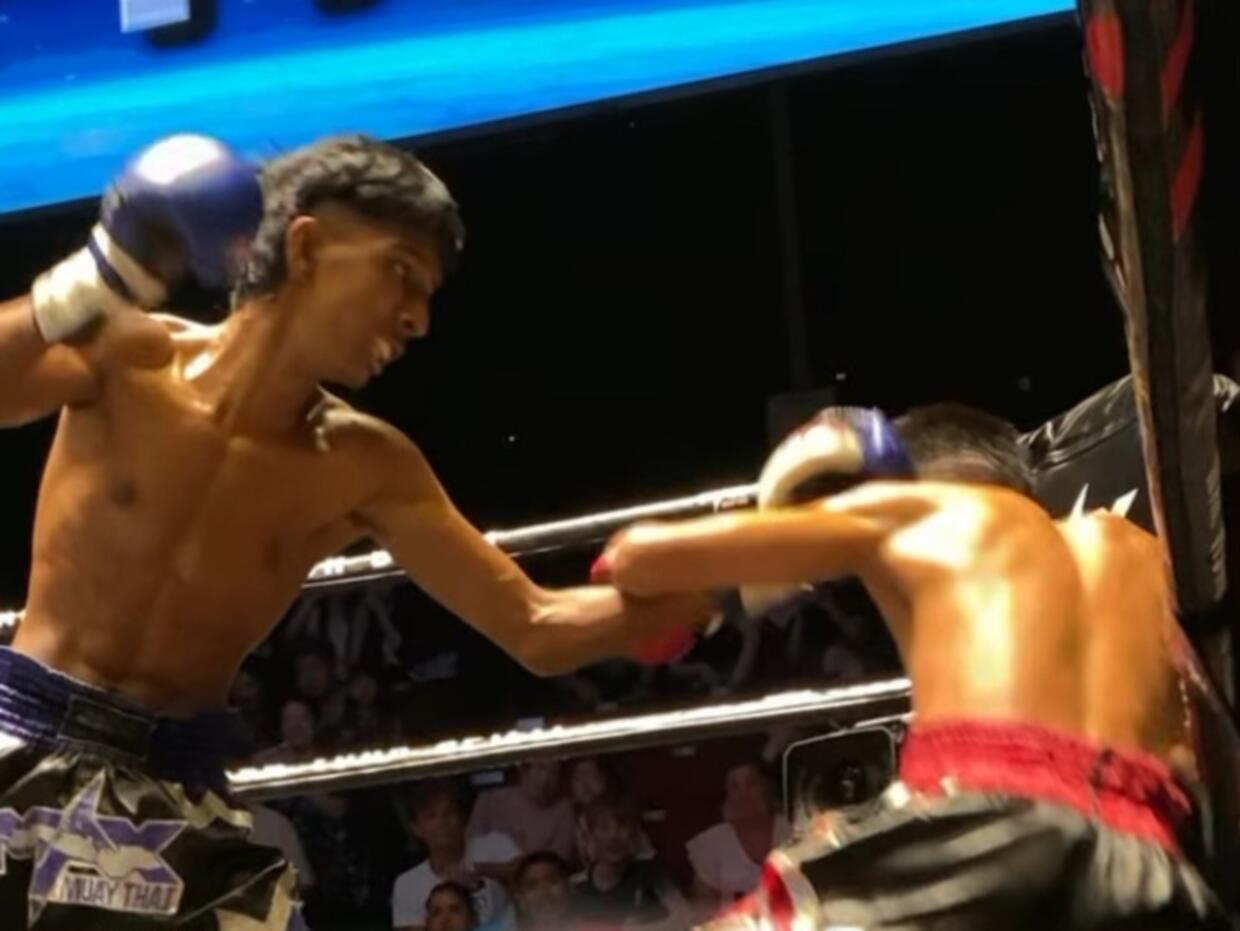
McCann Worldgroup The Truth about Youth is a quantitative study of 7,000 16-30 year olds conducted in April 2011 across seven markets – UK, USA, Spain, China, India, Brazil and Mexico which was then confirmed qualitatively in 17 markets globally. The study examined the motivations of young people around the world and sought to uncover what makes them different from every generation that has come before.
What emerged was a view of the first truly global generation, fuelled and empowered by technology and motivated by the same three fundamental needs:
Commune (the need for connection, relationships, and community);
Justice (the need for social or personal justice, to do what’s right, to be an activist); and,
Authenticity (the need to see things as they are).
These motivations drive behaviors that transcend borders.
Laura Simpson, Global IQ Director for McCann Worldgroup, said, “Young people utilize technology as a kind of supersense which connects them to infinite knowledge, friends and entertainment opportunities.”
The truths uncovered by McCann Worldgroup included the following:
TECHNOLOGY AS A FIFTH SENSE
While technology has often been referred to in jest as an appendage of today’s youth, over half (53%) of 16-22 year olds said they would rather give up their sense of smell than give up their technology. For this generation, technology is not an add-on. It is a tool that enables them to sense the world and make sense of the world.
THE SOCIAL ECONOMY HAS REPLACED THE EXPERIENCE ECONOMY
In the Material Economy people defined themselves primarily via what they owned. In the Experience Economy people became more focused on what they’d seen or done (supposedly valuing memories as much as material possessions). McCann Worldgroup’s research found that for young people today it’s increasingly all about the Social Economy; who you connect with and what you share. As one respondent put it “if there are no pics, it didn’t happen.”
Whereas past generations focused on maintaining a small group of friends, relationships between youth today are much more complex. Using social media, a typical teenager is likely to manage and maintain multiple, intersecting groups of friends. In this sense, “connecting” to a broader network of friends has replaced the singular need to “belong” to a tight knit group of friends. This is the “strategic generation” who effortlessly manages different identities, evaluates the usefulness of specific connections and occasionally strips back those who no longer make the grade.
McCann Worldgroup found that 47% of the youth globally want to be remembered for their connections.
HUNTING FOR TRUTH
Asked which values they seek in a best friend, young people globally opted for ‘truthful’, chosen by 42% and rated nearly twice as important as the next most important value (‘genuine’, chosen by 22%). “Truthful” is also the top word young people apply to themselves – with 21% globally choosing this as a personal descriptor.
Truth is currency in the social economy. The democratic nature of the internet invites information, opinion and rumor in equal measure. The laws of supply and demand apply. The rarity of truth increases its value.
JUSTICE RE-IMAGINED
Justice is the second most important motivator for young people (rated as ‘very important’ by 52% of young people globally). And the thing that young people are most likely to say that they are ‘good at’ globally is ‘knowing right from wrong’ (44%). A large percentage of youth say that the thing they most want to be remembered for is changing the world in a positive way.
Young people around the world are very aware of how social media tools can be and are being harnessed in the quest for social justice. They are using these very tools to re-imagine how justice works and how they can take action.
CLICK HERE and HERE for the independent Malaysian stories











